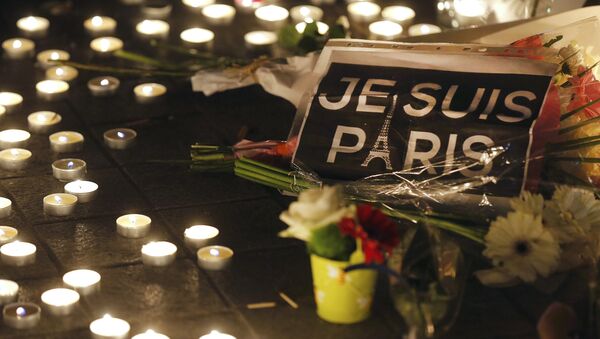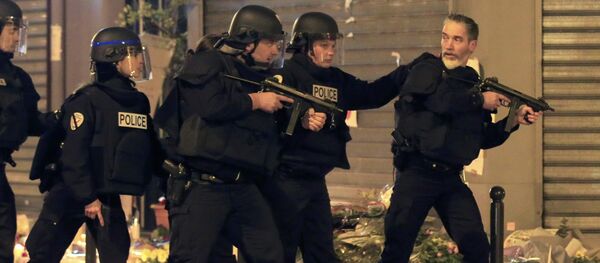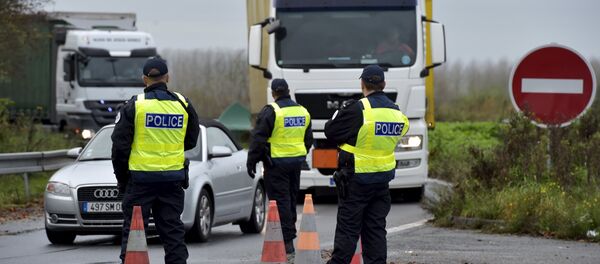In its statement of responsibility, the Islamic State described Paris as "the capital of abominations and perversions," leading the organization to attack the place where the city's residents go to enjoy themselves, wrote French newspaper 20minutes.
By carrying out shootings at bars and restaurants in the popular 10th and 11th districts of Paris on Friday evening, the attackers aimed their fire at young people who were enjoying themselves.
"The Bataclan, the restaurant Le Petit Cambodia and the bar Le Belle Equipe are all located within a radius of less than 1.5 km from the headquarters of Charlie Hebdo. The 11th district had since become one of the main places of Parisian memory, including Republic Square, covered with messages for the victims."
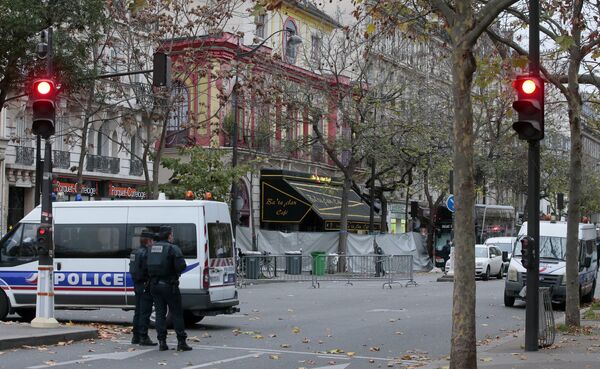
"The suicide bombers wanted to show that they could still touch a symbolic place that was under police control, at least in appearance."
Attentats à Paris: Pourquoi ces lieux, pourquoi ces cibles? https://t.co/6sqjApkB4J pic.twitter.com/Od2IGkKTbK
— 20 Minutes (@20Minutes) 14 ноября 2015
'Attacks in Paris: Why These Places, Why These Targets?'
The newspaper explains that the Bataclan concert hall, where a metal band was playing, has previously been the target of threats from Islamic militants; in August a 30-year-old Frenchman who had returned from Syria was arrested, and later admitted during questioning that a commander there had asked him to carry out an attack on one or more concert halls when he returned to France.
Three suicide bombers blew themselves up outside the Stade de France football stadium, after one of them had been denied entry to the France – Germany friendly football match to be played there.
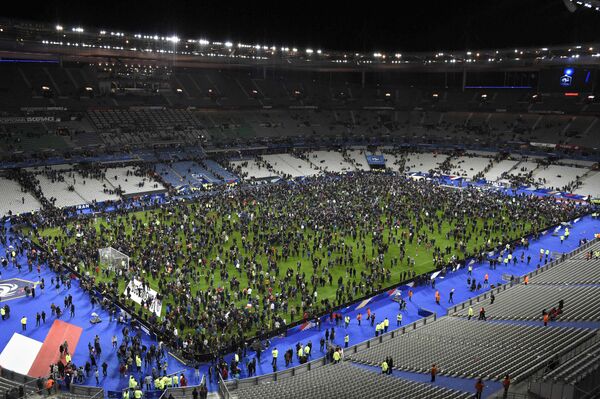
"That particular stadium is one of the few places where the promise of a more integrated France is realized, if only intermittently."
"The French soccer team, known as 'Les Bleus,' is the paragon of the 'black-blanc-beur' ideal (black, white, arab). The national team is republican meritocracy in action, and it works. The Stade de France is where a French team led by the Algerian-Frenchman Zinedine Zidane won the greatest trophy in sports, the FIFA World Cup, in 1998," said Saadia, a former resident of Paris, who described the stadium as a monument to multi-ethnic success.

